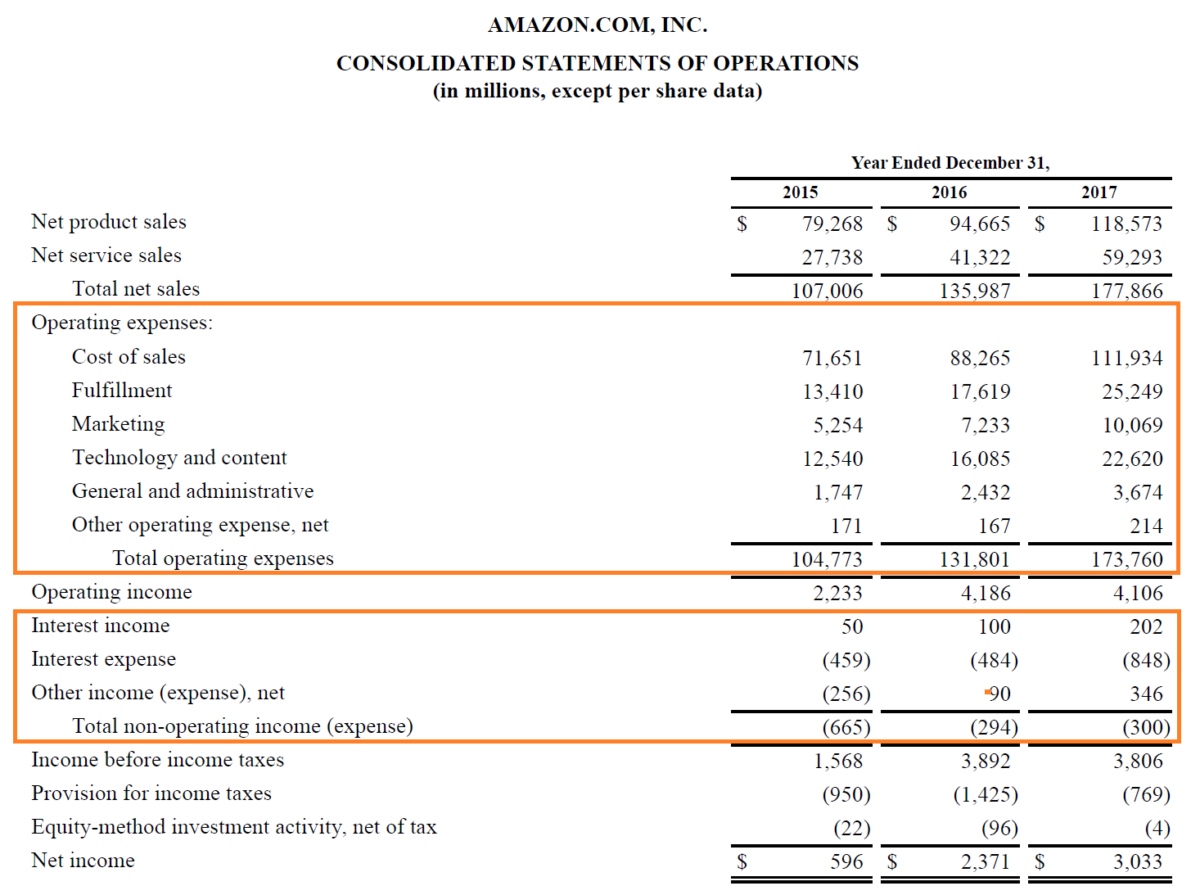

Finance
Inflexible Expense Definition
Published: December 9, 2023
Understand the meaning of inflexible expenses in finance and its impact on your budget. Learn how to manage and control these fixed costs to achieve financial flexibility.
(Many of the links in this article redirect to a specific reviewed product. Your purchase of these products through affiliate links helps to generate commission for LiveWell, at no extra cost. Learn more)
Inflexible Expense Definition: Understanding the Financial Terms that Impact Your Budget
When it comes to managing your finances effectively, understanding financial terms can make a significant difference. One term that often comes up is “inflexible expense.” But what does it mean, and how does it affect your budget?
At its core, an inflexible expense refers to a cost that you have little to no control over. These expenses are usually recurring and necessary, meaning that they must be paid regularly to maintain your financial well-being. Inflexible expenses can be both fixed, like rent or mortgage payments, or variable, like utility bills or groceries.
Key Takeaways:
- Inflexible expenses are recurring costs that are essential for your financial stability.
- They can be both fixed or variable, depending on the nature of the expense.
Now that we have a clear definition of inflexible expenses, let’s explore their impact on your budget and how to manage them effectively.
The Impact of Inflexible Expenses on Your Budget
Inflexible expenses can take up a significant portion of your monthly income, leaving you with less money to allocate towards other financial goals or discretionary spending. It’s crucial to be aware of these expenses and their impact on your budget to ensure you can meet your financial obligations and still save for the future.
Here are some key ways in which inflexible expenses affect your budget:
- Priority Allocation: Inflexible expenses often take priority over discretionary spending. This means that you must allocate a certain amount of your income towards these expenses first before considering other financial goals or indulgences.
- Budget Planning: Understanding your inflexible expenses plays a crucial role in budget planning. When you know how much these expenses amount to, you can create a budget that allows for their payment while still accommodating other financial needs.
- Flexibility: The more control you have over your inflexible expenses, the more flexibility you have in your budget. Finding ways to reduce these expenses or exploring alternative options can help you free up more funds for other purposes.
Taking the time to assess your inflexible expenses and find ways to manage them effectively is an essential step towards financial stability.
Managing Inflexible Expenses
While some inflexible expenses, such as rent or mortgage payments, may be non-negotiable, there are still strategies you can employ to manage them effectively:
- Comparison Shopping: For variable inflexible expenses like utilities or insurance, research different providers to ensure you’re getting the best rates.
- Energy Efficiency: Taking steps to reduce your energy consumption can help lower your utility bills in the long run. Consider investing in energy-efficient appliances or adjusting your usage habits.
- Budgeting: Create a detailed budget that includes your inflexible expenses as well as your financial goals. This will help you allocate your income effectively and plan for future expenses.
By taking a proactive approach to managing your inflexible expenses, you can gain more control over your budget and work towards achieving your financial objectives.
Conclusion
Inflexible expenses are an integral part of your budget, and understanding their definition and impact is key to financial success. By recognizing inflexible expenses, prioritizing them in your budget, and finding effective ways to manage them, you can navigate your finances more confidently and work towards your financial goals.














